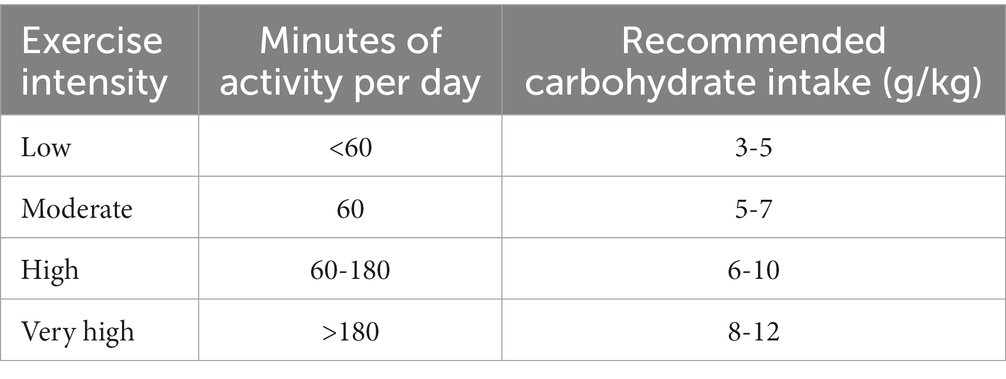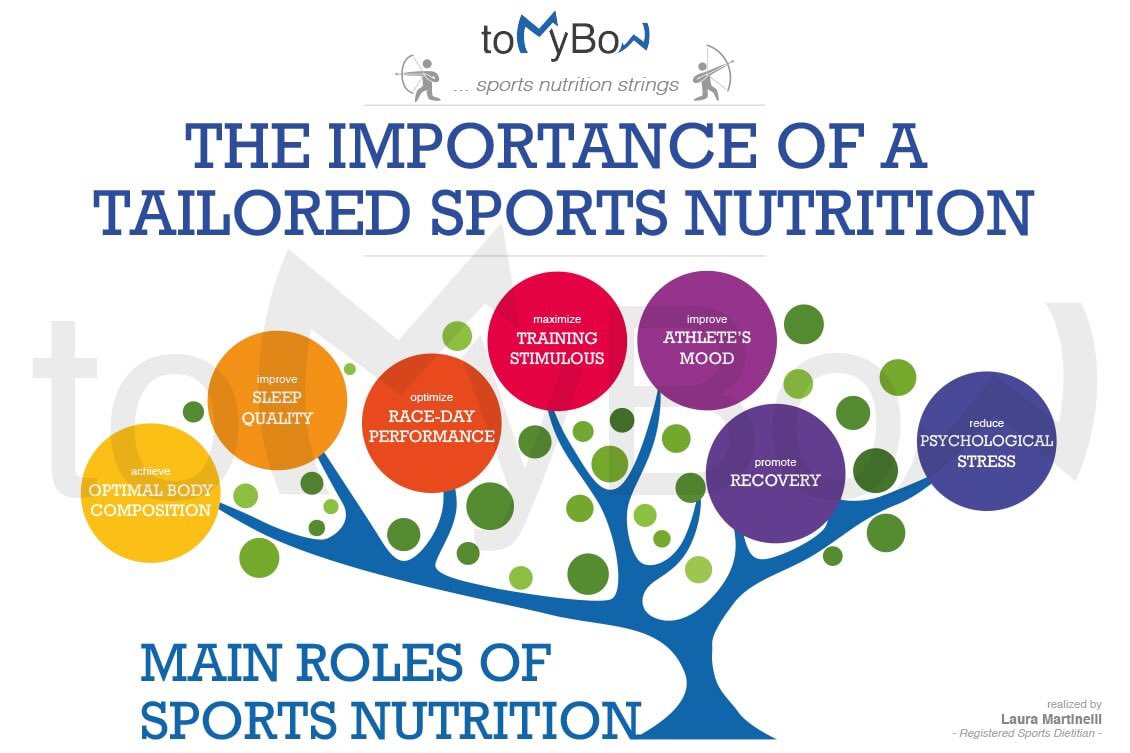All about Sports Nutrition
All about Sports Nutrition
Blog Article
The Ultimate Guide To Sports Nutrition
Table of ContentsThe Definitive Guide to Sports NutritionThe 3-Minute Rule for Sports NutritionSports Nutrition - QuestionsSee This Report on Sports Nutrition
Hydration status is a key area of sporting activities nourishment that can make a difference in efficiency. As you work out, you lose liquids and electrolytes in the form of sweat, your body's method of cooling itself down. When involving in sustained high strength exercise, you need to replenish liquids and electrolytes to stop mild to potentially extreme dehydration.Every extra pound (0.45 kg) lost amounts to 16 oz (0.5 L) of fluid loss. You ought to consume the comparable quantity of fluid to rehydrate before the next training session. It's likewise essential to replenish electrolytes throughout and after extensive intense workout to prevent dehydration.
That stated, considering that professional athletes typically have higher nutritional requirements than the basic population, supplementation can be made use of to fill up in any type of spaces in the diet. Some people choose to include healthy protein powder to their oats to increase their protein web content a little bit. Carb supplements might assist sustain your energy levels, especially if you engage in endurance sports lasting longer than 1 hour.
Lots of long-distance endurance professional athletes will intend to eat 1 carbohydrate power gel having 25 g of carbs every 3045 minutes throughout a workout session longer than 1 hour. Sports drinks likewise usually contain adequate carbs to maintain energy levels, however some athletes choose gels to protect against too much fluid consumption throughout training or events, as this might result in gastrointestinal distress.
Everything about Sports Nutrition
In your body, beta-alanine acts as a structure block for carnosine, a compound liable for helping to minimize the acidic setting within functioning muscles during high intensity exercise. One of the most noteworthy benefit of supplementing with beta-alanine is enhancement in efficiency in high intensity workouts lasting 110 minutes. For instance, this might assist professional athletes such as short- to medium-distance runners and swimmers.
Below are 3 of the leading sporting activities nourishment myths and what the facts truly state. While healthy protein intake is a vital variable in acquiring muscular tissue, merely supplementing with healthy protein will not create any significant muscle gains. To advertise noteworthy changes in muscular tissue dimension, you require to consistently carry out resistance training for an extended time period while making certain your diet is on factor.
One more common misconception in sports nutrition is that consuming close to going to bed will certainly trigger added fat gain. This is based upon the presumption that due to the fact that you're relaxing, your body is shedding fewer calories, so any type of food you consume will be stored as fat. While it holds true that your body burns less calories at remainder, this does this hyperlink not imply the food will automatically be kept as fat.
Sporting activity nutrition is the branch of and focused on individuals who exercise extreme or endurance sporting activities. Depending upon the last objectives of the sport and the training, will certainly emphasise various foods and diet plans. is needed since the dietary requirements of a professional athlete are different from those called for by a typical person.
The 10-Minute Rule for Sports Nutrition

is among the factors that affect exactly how well a professional athlete does, in addition to their hereditary makeup and the training they do. The foods consisted of in serve three standard goals: Offering energy Offering matter for strengthening and repairing cells Keeping and controling the metabolic rate More Info There is no solitary for professional athletes; the relies on the particular demands of each sporting activity and the physique of the professional athlete.
Mix it up Consume a varied and well-balanced diet that provides the correct amount of energy and necessary nutrients. Gas right Pick a range of food, including foods that include carbs, based on the quantity of workout you are doing and vary your consumption appropriately. Strive for five Consume at least 5 parts of vegetables and fruit a day; fresh, frozen, dried and canned all count.
Healthy protein should preferably be uniformly dispersed every 3 to 4 hours throughout the day. Researches show that the enhancement of 15-25g of protein to a post-workout meal or snack can boost glycogen storage, lower muscle mass pain and promote muscle repair service. This can be any type of time in the 24 visit here hours after your workout, although you may see lower results the longer you leave it.
Some Known Questions About Sports Nutrition.

stamina athletes may choose to take creatine). Athletes interested in making use of a supplement ought to consult a certified sports dietitian to guarantee they utilize the supplements securely and appropriately. Training volume and intensity can vary from everyday and week-to-week, together with your competitors timetable. Consume and sustain your meals according to exactly how difficult or easy it is.

Report this page